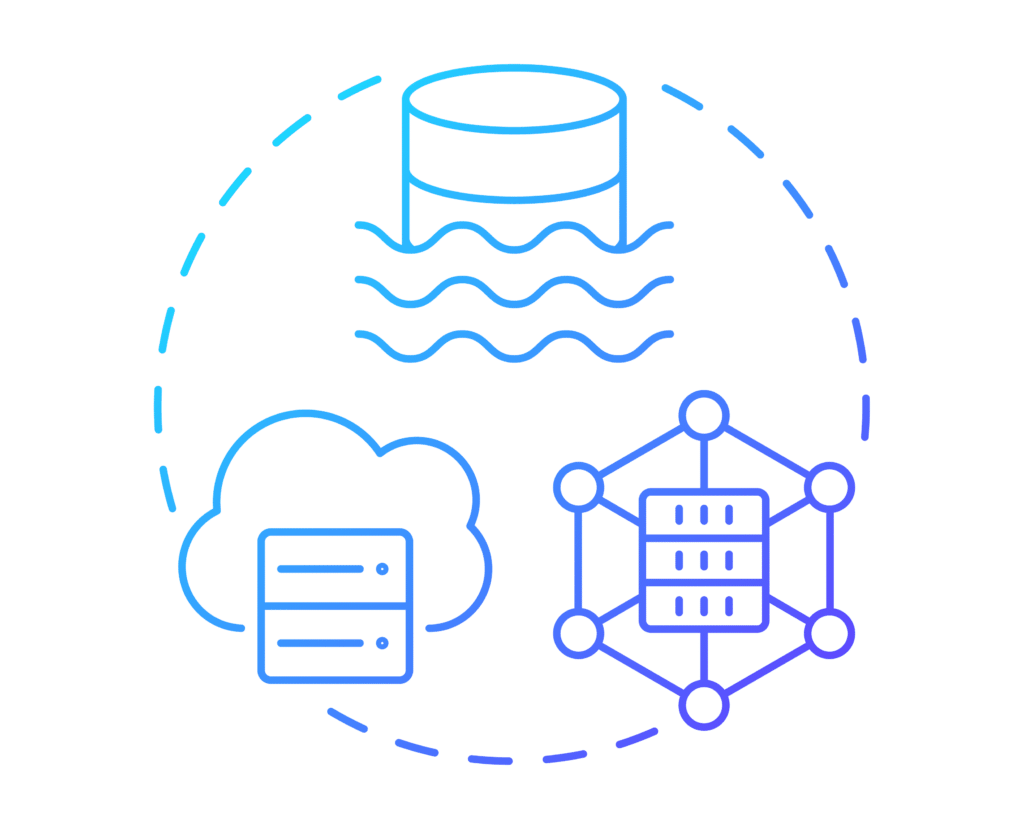Project Overview
Confiz collaborated with Lebara on an exciting journey to modernize their data management capabilities through the Data Lake Project. Our shared goal was to transition Lebara’s traditional data warehouse to the Cloud via Azure, aiming to significantly improve data handling, accessibility, and analysis.

The need
Lebara, a Telecom Network Operator (MVNO/FMVNO) with a presence in the European region, encountered significant challenges with its existing data warehouse system. These challenges included fragmented documentation, unclear requirements, knowledge gaps, and ongoing concerns regarding data quality. In response to these obstacles, the client sought a solution to streamline data management processes, enhance data quality assurance, and improve overall operational efficiency.
The Solution
In partnership with Lebara, Confiz contributed to the development of a centralized Data Lake on Azure, incorporating a suite of technologies including Azure Data Factory, Apache Nifi, Azure Databricks, Azure Synapse Analytics, Azure DevOps, PySpark, and Power BI. This initiative aimed to create a unified platform for in-depth reporting, advanced analytics, and forecasting while replacing legacy enterprise BI systems.
Confiz worked on staff augmentation model along with Lebara and other vendors to successfully transform and optimize data by integrating diverse data sources for enhanced analysis and detailed reporting. Leveraging our team’s expertise in SAFe practices and agile project management, we played a pivotal role in enhancing the client’s operational efficiency and streamlining processes across the board.
Our collaborative efforts bridged time zones and brought together a culturally diverse team, highlighting our commitment to revolutionizing Lebara’s operational framework. The data movement within the Data Lake, powered by Apache NiFi and orchestrated through Azure Data Factory, facilitated the processing of analytical datasets in Databricks and stored in Synapse, ensuring accessibility through Microsoft Power BI.
The Outcome
Cost efficiency
Our journey with SAFe practices primarily focused on cost optimization and efficiency led to cost savings. Through agile practices, we streamlined operations and contributed to a reduction in the client’s overall operational expenses.
Productivity and agility
Through detailed documentation and well-defined processes, we streamlined employee productivity and onboarding processes.
Operational excellence
Our efforts in optimizing operations played a pivotal role in smooth data delivery and enhanced operational efficiency.